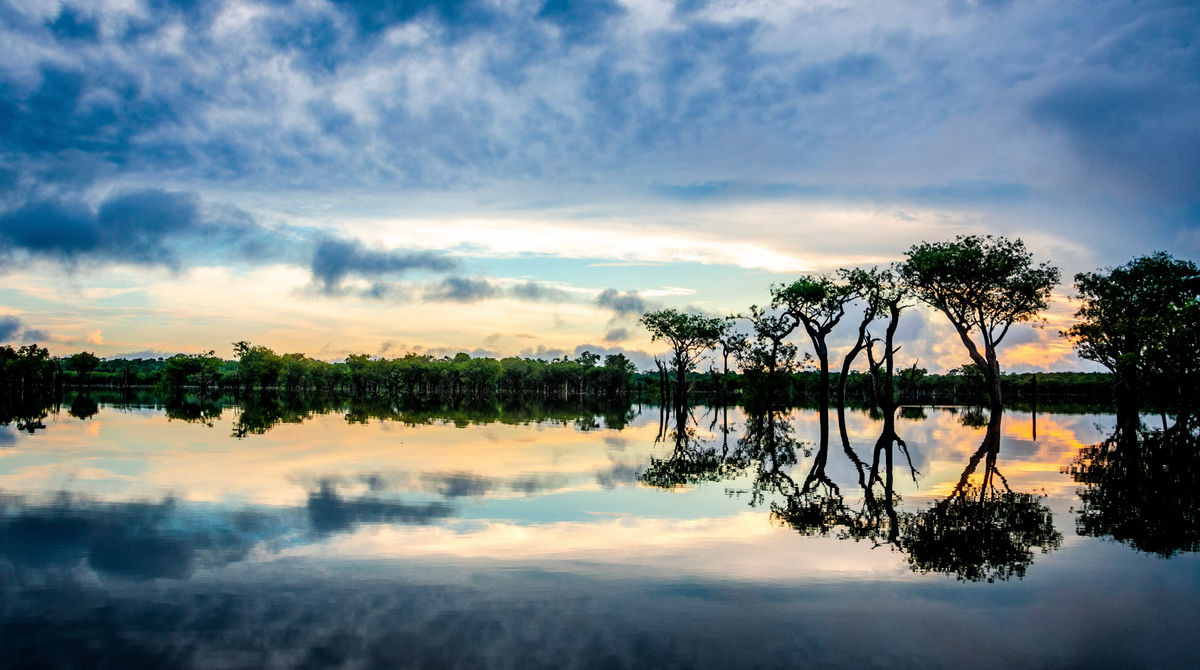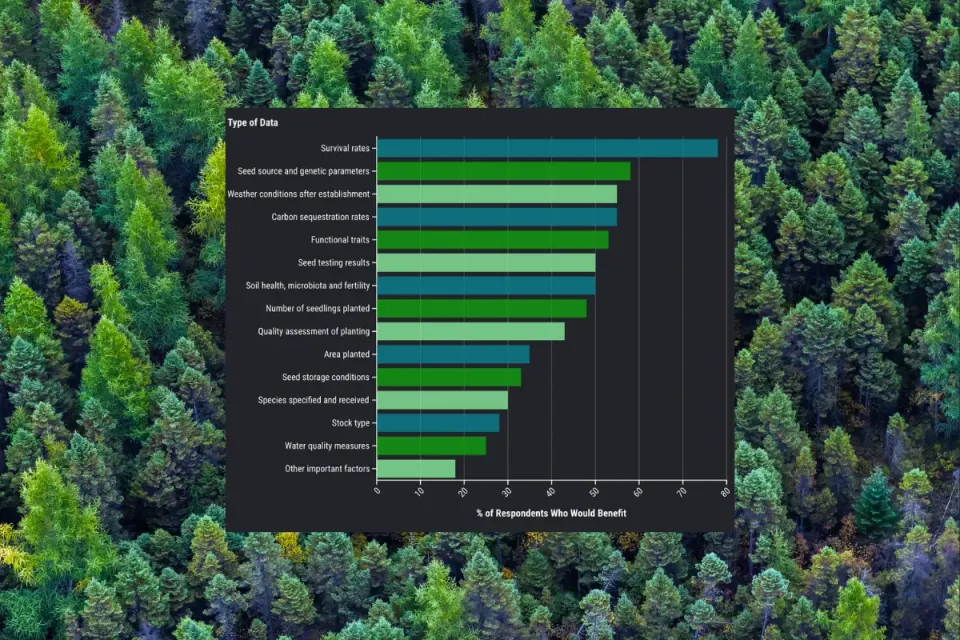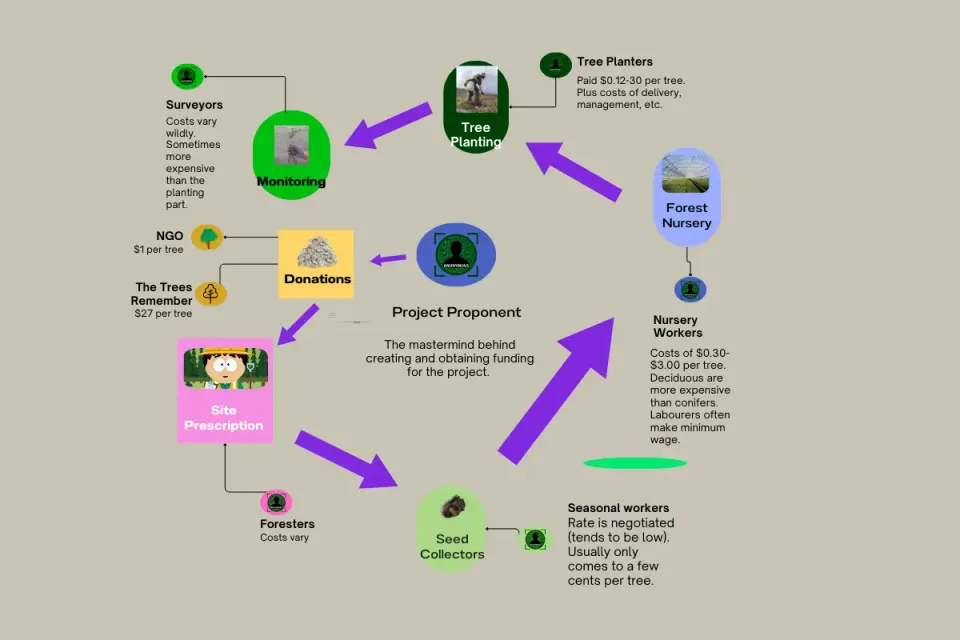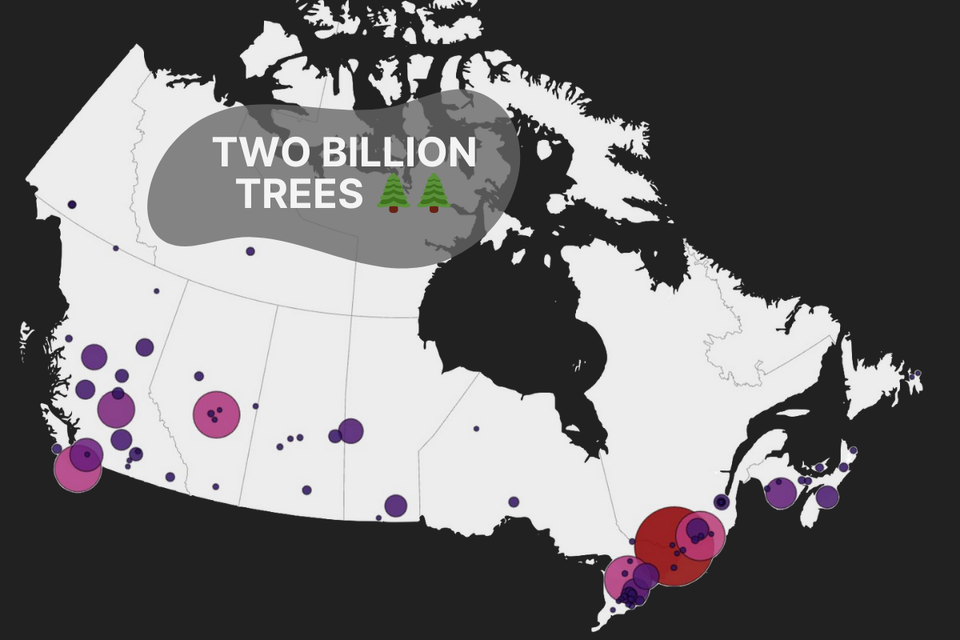Seeds of Change: Brazil’s Networks Nurture Forests and Community 🌱
“Without seeds, there is no restoration. It’s that simple,” lead author Aurelio Padovezi, a researcher at the University of Padova, said by phone.

This article by Shanna Hanbury originally appeared in Mongabay.
Brazil’s native seed collector networks supply hundreds of tons of seeds critical to forest restoration across the country’s many ecosystems. From the Amazon’s lush rainforests in the north to the shrinking Atlantic Forest along the coast, the networks are a lifeline not only for degraded landscapes, but also for the people on the frontlines, a recent study found. The networks, researchers say, are reweaving the social fabric of their communities and creating a new model for just and sustainable development.
Researchers surveyed nine major seed networks, out of more than 100 across Brazil, that collect and sell seeds, largely to meet restoration requirements on private land under environmental laws.
“Without seeds, there is no restoration. It’s that simple,” lead author Aurelio Padovezi, a researcher at the University of Padova, said by phone.
The study found that from 2018-21, the nine networks gathered 180 tons of seeds, generating more than $1 million for about 1,000 collectors. But beyond income, the networks were also found to drive social gains for Indigenous and marginalized communities that make up much of the seed-collecting workforce.
“It’s important to recognize them not only as providers of raw material, seeds, but as the vanguards of a new society,” Padovezi said, adding that the organization increased self-esteem among rural workers and the social capital of its members.
Perhaps most notably, the networks helped reduce rural conflicts that have long assailed Indigenous and other traditional communities, especially in the Amazon Rainforest where the Xingu Seeds Networkhas been operating for 16 years.
“When everyone is working toward the same goal, it breaks down social barriers,” Claudia Araújo, a forest engineer and the socio-biodiversity coordinator of the Xingu Seeds Network, told Mongabay by phone. “Prejudices that used to exist between rural families and Indigenous communities, or among people from different regions, fade.”
The study also identified stronger cultural identity and pride related to rural and conservation work and an appreciation of local ecological knowledge. Some collectors who previously worked identifying trees for logging companies now spend their days working on the frontlines of reforestation.
“When a person goes out to collect seeds, they rediscover what a forest is,” Padovezi said. “They gain a more cosmological and ecological understanding of the forest, and that’s transformative.”
Brazil’s President Luiz Inácio Lula da Silva vowed to reforest 12 million hectares (about 30 million acres) by 2030, but the seed networks haven’t yet seen an upsurge in demand.
“We have a queue of groups waiting to join, but we can’t just bring people in without ensuring long-term sustainability,” Araújo said. “We want to restore the land, but we also want the people involved to feel valued and have a good quality of life.”
License
Hanbury, Shanna. "Brazil’s Native Seed Collector Networks Drive Wider Social Change, Study Finds." Mongabay, 29 October 2024. Republished under a Creative Commons Attribution 4.0 International License with minor changes to original.




